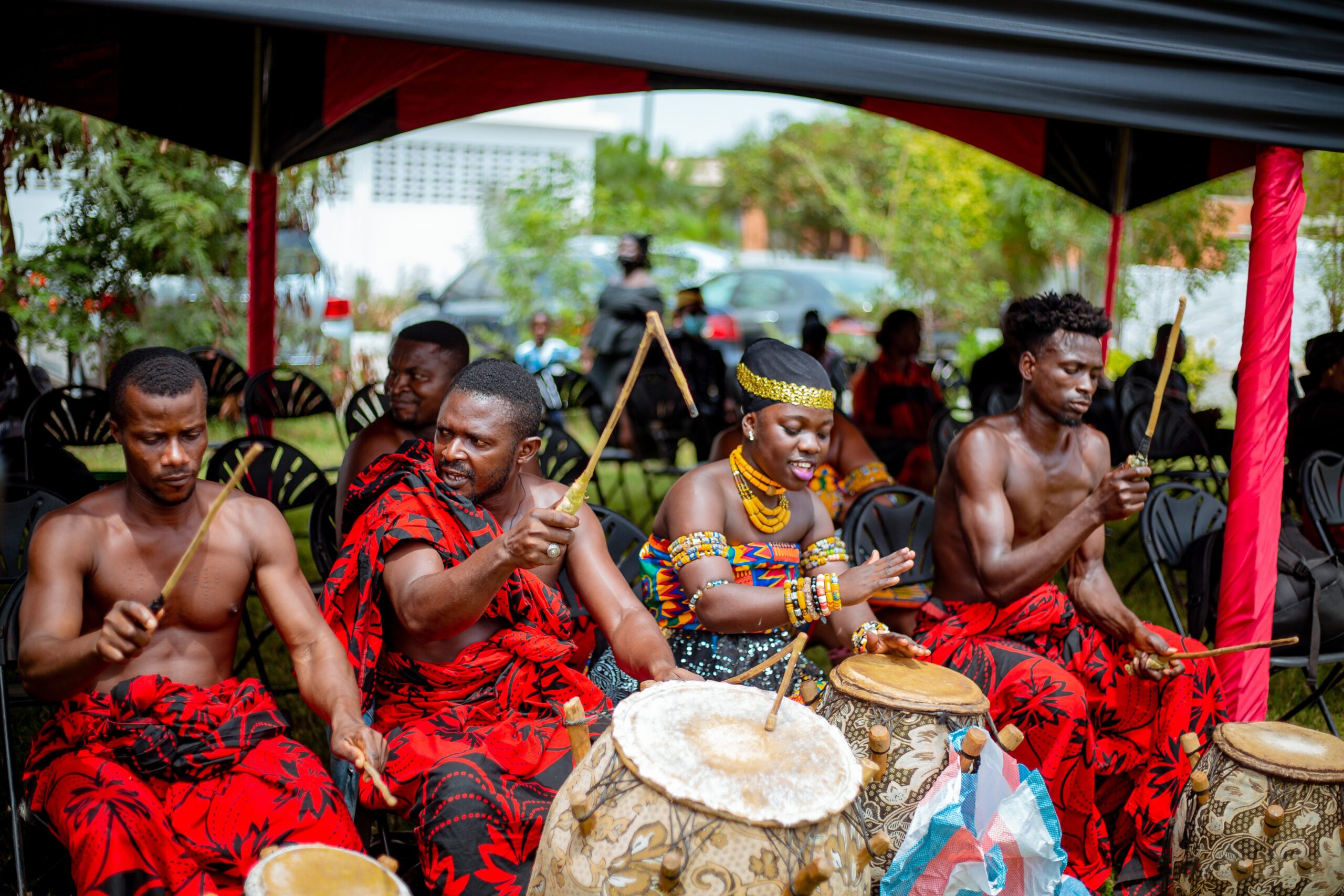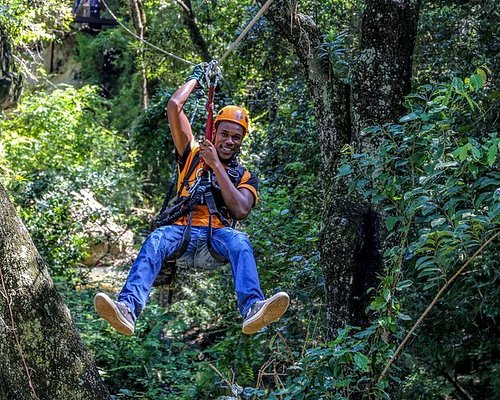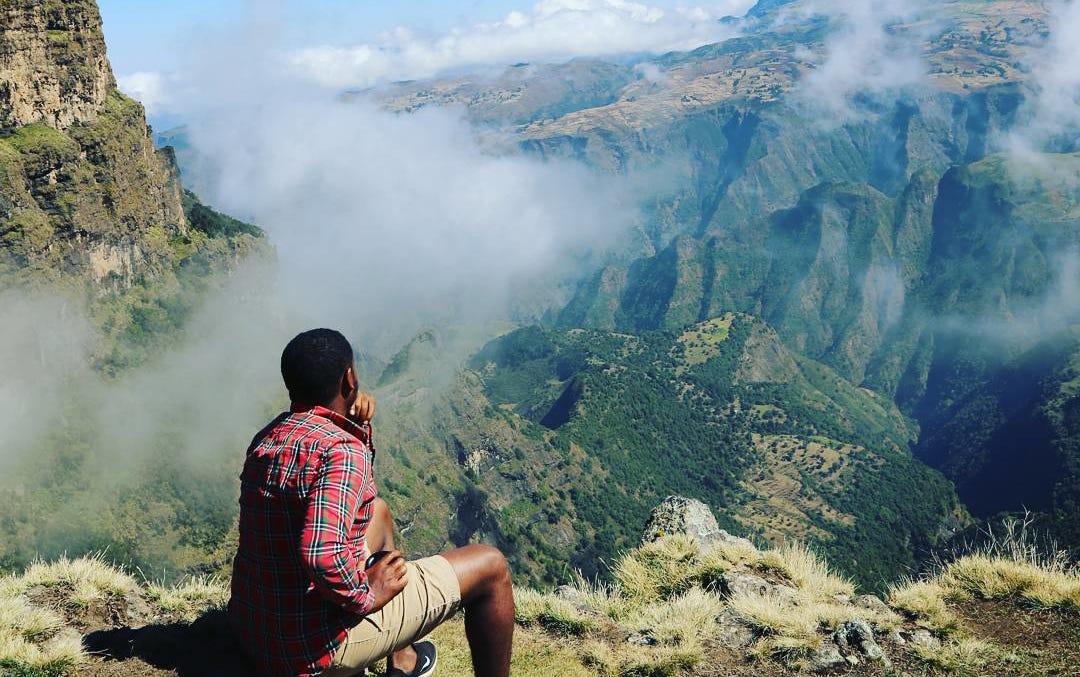Your basket is currently empty!
Africa is a continent celebrated for its vibrant cultures, diverse traditions, and deep historical roots. With over 50 countries and thousands of ethnic groups, it offers endless opportunities for cultural immersion. Whether you’re traveling to Africa or exploring its heritage from afar, here are ten ways to connect with the continent’s rich traditions and experience its unique cultural tapestry.
1. Participate in Local Festivals
Africa is home to countless festivals that celebrate everything from harvests to music and spirituality. Events like Ghana’s Homowo Festival, Nigeria’s Osun-Osogbo Sacred Grove Festival, or South Africa’s Cape Town International Jazz Festival provide immersive experiences filled with music, dance, and storytelling. These gatherings allow you to witness age-old traditions in action while connecting with local communities.
2. Learn Traditional Dance and Music
Dance and music are at the heart of African culture. From the powerful rhythms of West African djembe drumming to the intricate footwork of South Africa’s Zulu dance, every region has its own unique expressions. Joining a dance workshop or attending a live performance can give you a deeper appreciation of the artistry and history behind these traditions.
3. Explore African Cuisine
Food is a universal language, and African cuisine is a delicious gateway to its cultures. Try dishes like Ethiopian injera, Moroccan tagine, Nigerian jollof rice, or Senegalese thieboudienne. Participating in a cooking class or dining with locals can teach you about the ingredients, techniques, and cultural significance of various meals.
4. Engage in Storytelling Traditions
Storytelling is a cornerstone of African culture, used to pass down history, morals, and wisdom. Listening to griots (traditional storytellers) in West Africa or reading African folktales can offer insight into the continent’s values and beliefs. Look for storytelling events or workshops to experience this timeless tradition firsthand.
5. Visit Historic and Spiritual Sites
Africa is rich with historical landmarks and spiritual centers that reflect its diverse heritage. Explore ancient sites like the pyramids of Egypt, Timbuktu in Mali, or Great Zimbabwe. Visiting places like Lalibela in Ethiopia or the Dogon villages of Mali provides a glimpse into the spiritual practices and architectural ingenuity of different cultures.
6. Support Local Artisans
African artisans create stunning works that reflect their heritage and creativity. Whether it’s intricate beadwork from the Maasai in Kenya, Bogolan (mud cloth) from Mali, or Shona stone sculptures from Zimbabwe, purchasing handmade crafts supports local economies and helps preserve traditional techniques.
7. Participate in Traditional Healing Practices
Traditional medicine plays a significant role in African cultures. Visiting a traditional healer or learning about indigenous plants and their uses can deepen your understanding of holistic approaches to health and wellness. Always approach such experiences with respect and cultural sensitivity.
8. Learn an African Language
With over 2,000 languages spoken across the continent, learning a local language can be a rewarding way to connect with African traditions. Whether it’s Swahili, Yoruba, Amharic, or Zulu, mastering even basic phrases can enhance your interactions and show respect for the culture.
9. Volunteer in Community Projects
Volunteering offers an authentic way to engage with African communities. Projects focusing on education, conservation, or health allow you to contribute meaningfully while learning about local customs and traditions. Ensure that your efforts align with ethical volunteering practices to make a positive impact.
10. Embrace African Fashion
African fashion is a vibrant expression of identity and culture. From the colorful kente cloth of Ghana to the indigo-dyed fabrics of Mali, wearing traditional attire or incorporating African prints into your wardrobe celebrates the continent’s rich textile heritage.
Final Thoughts
Connecting with Africa’s rich traditions is a journey of discovery and respect. Whether through dance, food, language, or art, immersing yourself in these experiences fosters a deeper appreciation for the continent’s diversity and resilience. Remember, cultural immersion is not just about observing but actively engaging with respect and an open heart. By doing so, you contribute to the preservation and celebration of Africa’s extraordinary heritage.











